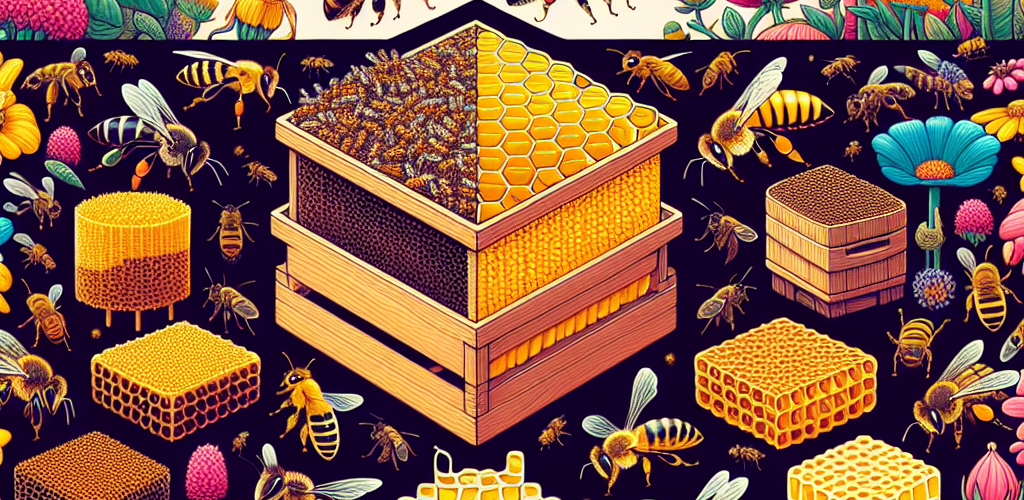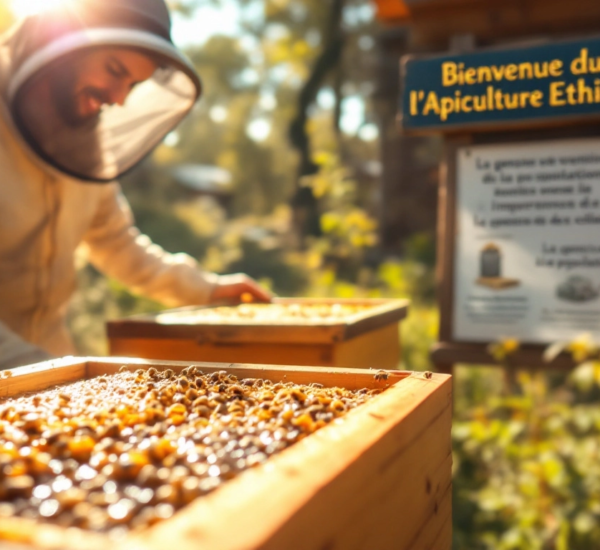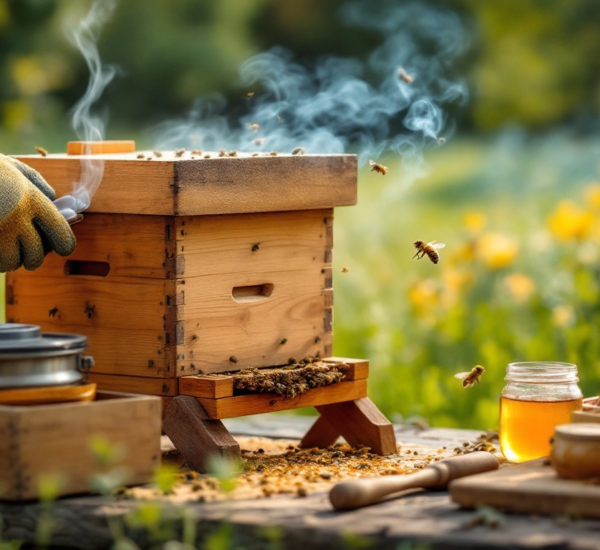In the world of pollinators, both native bees and honeybees hold significant roles. However, understanding their differences and benefits to our ecosystem can guide us in supporting biodiversity effectively. Let’s explore what makes native bees shine compared to their more popular cousins, the honeybees.
Introduction
With a global emphasis on environmental sustainability, understanding pollinators’ roles is more critical than ever. Native bees, though lesser-known than honeybees, provide unique benefits that contribute significantly to plant pollination and ecosystem health. This article will delve into the distinct advantages of native bees compared to honeybees, focusing on pollination efficiency, biodiversity impact, and adaptability.
Native Bees vs. Honeybees
Pollination Efficiency
When it comes to pollination rates, native bees often outperform honeybees due to their diverse foraging behaviors and specialized anatomy. Many native bee species, such as bumblebees and mason bees, are adept at ‘buzz pollination,’ a technique that enhances pollination of certain plants like tomatoes and blueberries. In comparison, honeybees are generalists and may not be as effective in pollinating some crops. Learn more about buzz pollination from reliable sources.
Biodiversity Impact
Native bees support local ecosystems by fostering plant diversity. They pollinate wild plants, which comprises the foundation of the food chain, providing sustenance for various wildlife. This process ensures a balanced and thriving ecosystem. Furthermore, supporting native bees helps conserve various species that are specific to certain regional flora.
Adaptability
Native bees are incredibly adaptable to their environments. Adaptability allows them to thrive in diverse climates and conditions, from deserts to forests. Honeybees, being non-native to many regions, often require human intervention to sustain their populations, such as in beekeeping practices. Native bees, on the other hand, have adapted to local conditions over thousands of years.
Conclusion
Native bees offer distinct advantages in pollination efficiency, biodiversity support, and adaptability. Their role in maintaining sustainable ecosystems is invaluable. Supporting native bee populations not only enhances local biodiversity but also ensures that vital crops and plants continue to thrive.
Ultimately, while honeybees are essential, it is crucial to recognize the unique contributions of native bees. For more insights on the benefits of biodiversity, check out our article on Ways to Support Local Ecosystems.
FAQ
Why are native bees important for biodiversity?
Native bees help maintain plant diversity by pollinating diverse wild plant species, ensuring balanced ecosystems.
How can I support native bee populations?
You can support native bees by planting native flowers, reducing pesticide use, and preserving their natural habitats.
Are honeybees bad for the environment?
Honeybees are not inherently bad, but in some cases, they can outcompete native pollinators and affect biodiversity negatively.




